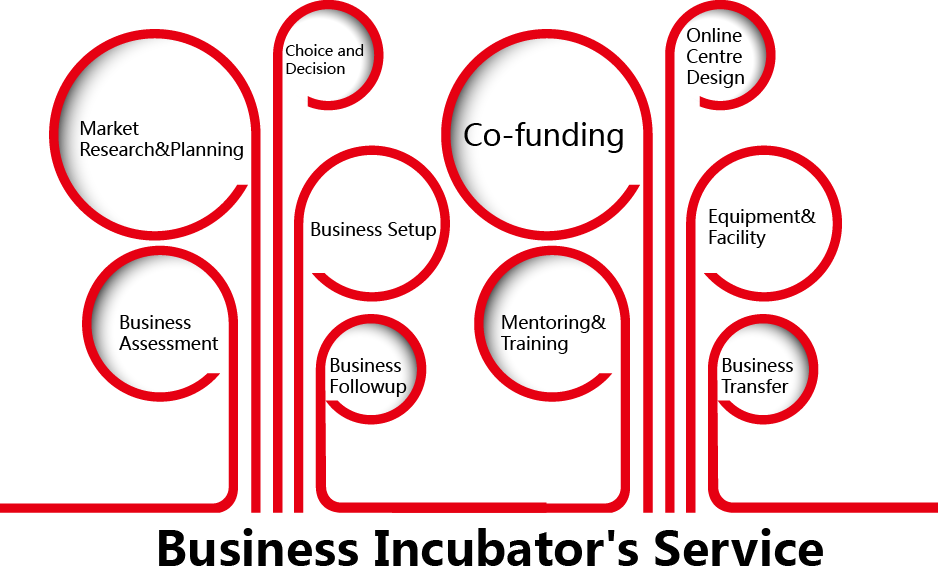Samoa Company Registration Service
Hotline: 86-755-82143422 Email: anitayao@citilinkia.com
Samoa Economy--GDP
Gross Domestic Product (GDP) in purchasing power parity (PPP) in 2006 was estimated at $1.218 billion USD.[citation needed] The industrial sector is the largest component of GDP at 58.4%, followed by the services sector at 30.2% (2004 est.). Agriculture represents only 11.4% of GDP (2004 est.). Samoan labour force is estimated at 90,000.
Samoa Economy--Currancy
The country currency is the Samoan tālā, issued and regulated by the Central Bank of Samoa. The economy of Samoa has traditionally been dependent on agriculture and fishing at the local level. In modern times, development aid, private family remittances from overseas, and agricultural exports have become key factors in the nation's economy. Agriculture employs two-thirds of the labour force, and furnishes 90% of exports, featuring coconut cream, coconut oil, noni (juice of the nonu fruit, as it is known in Samoan), and copra.
Samoa Economy---Manufacturing Sector
Outside of a large automotive wire harness factory (Yazaki Corporation), the manufacturing sector mainly processes agricultural products. Tourism is an expanding sector which now accounts for 25% of GDP. Tourist arrivals have been increasing over the years with more than 100,000 tourists visiting the islands in 2005, up from 70,000 in 1996.

Samoa Economy---Financial Sector
The Samoan government has called for deregulation of the financial sector, encouragement of investment, and continued fiscal discipline.[citation needed] Observers point to the flexibility of the labour market as a basic strength for future economic advances.[citation needed] The sector has been helped enormously by major capital investment in hotel infrastructure, political instability in neighbouring Pacific countries, and the 2005 launch of Virgin Samoa a joint-venture between the government and Virgin Australia (then Virgin Blue).
Samoa Economy--- Export
Taro, a root crop, traditionally was Samoa's largest export, generating more than half of all export revenue in 1993. But a fungal blight decimated the plants, and in each year since 1994 taro exports have accounted for less than 1% of export revenue.In the period before German colonisation, Samoa produced mostly copra. German merchants and settlers were active in introducing large scale plantation operations and developing new industries, notably cocoa bean and rubber, relying on imported labourers from China and Melanesia. When the value of natural rubber fell drastically, about the end of the Great War (World War I), the New Zealand government encouraged the production of bananas, for which there is a large market in New Zealand.[citation needed]
Because of variations in altitude, a large range of tropical and subtropical crops can be cultivated, but land is not generally available to outside interests. Of the total land area of 2,934 km² (725,000 acres), about 24.4% is in permanent crops and another 21.2% is arable. About 4.4% is Western Samoan Trust Estates Corporation (WSTEC).
The staple products of Samoa are copra (dried coconut meat), cocoa bean (for chocolate), and bananas. The annual production of both bananas and copra has been in the range of 13,000 to 15,000 metric tons (about 14,500 to 16,500 short tons). If the rhinoceros beetle in Samoa were eradicated, Samoa could produce in excess of 40,000 metric tons (44,000 short tons) of copra. Samoan cocoa beans are of very high quality and used in fine New Zealand chocolates. Most are Criollo-Forastero hybrids. Coffee grows well, but production has been uneven. WSTEC is the biggest coffee producer. Rubber has been produced in Samoa for many years, but its export value has little impact on the economy.
Other agricultural industries have been less successful. Sugarcane production, originally established by Germans in the early 20th century, could be successful. Old train tracks for transporting cane can be seen at some plantations east of Apia. Pineapples grow well in Samoa, but beyond local consumption have not been a major export.
Contact us
For further queries about investment in Samoa, please do not hesitate to contact ATAHK at anytime, anywhere by simply calling China hotline at 86-755-82143422, 86-755-82143512, or emailing to anitayao@citilinkia.com